What would change in your culture—and your revenue—if people didn't have to put on "work armor" just to show up?
In this LinkedIn Live edition of Leveraging Thought Leadership, Peter Winick sits down with Claude Silver, the world's first Chief Heart Officer at VaynerX, to unpack the contents of her new book "Be Yourself at Work" and what it looks like when the pace is fast, the stakes are high, and the workplace is more human than ever.
Claude's thought leadership is practical, not performative. She isn't selling "soft." She's building the conditions for performance: psychological safety, real connection, and a culture where people can speak up, belong, and do their best work.
You'll hear how Claude creates language and frameworks that spread. Not as slogans, but as usable tools—like "emotional optimism," her belief-based approach to empathy and accountability that teams can actually practice.
This conversation also goes where most leadership content won't. If "bring your whole self" is the invitation, what happens when someone's "self" is disruptive? Claude breaks down how healthy cultures don't tolerate consistent bad behavior—and how leaders can address "death by a thousand paper cuts" moments like chronic interruption, contempt, and the slow erosion of trust.
Claude's message is clear: you are the CEO of you. Self-awareness isn't a vibe. It's a leadership requirement. And when people stop pretending—stop performing "credible" and start showing up real—the organization gets stronger, faster, and more resilient.
She also shares how she measures success as a thought leader: not just book sales, but whether her language, models, and exercises enter the zeitgeist—and whether her work can be taught, scaled, and adopted through curriculum and "train-the-trainer" pathways.
And for leaders still clinging to old rules ("check your life at the door"), this episode is a timely reset. The workplace changed. Expectations changed. The best leaders will change too—without losing standards, accountability, or results.
Three Key Takeaways:
• Culture is a performance system, not a perk. Claude's core idea is that "heart" work (belonging, psychological safety, trust) isn't soft—it's the infrastructure that allows teams to move fast, collaborate cleanly, and deliver consistently.
• "Bring your whole self" still requires standards. You can invite authenticity while refusing behavior that erodes the room. Claude calls out the real culture-killers—chronic interruption, contempt, the "death by a thousand paper cuts"—and treats addressing them as leadership, not HR.
• Your thought leadership scales when it becomes usable language. Claude's impact isn't just the role title—it's the frameworks and phrases people can adopt (like "emotional optimism") and the intent to embed them through teachable curriculum and train-the-trainer paths so the ideas spread beyond her.
If Claude Silver's message resonated—lead with heart and hold the line on standards—your next listen should be Susan Scott's "Fierce Thought Leadership" episode.
They share the same core conviction: culture is built in conversations. Claude gives you the human-centered leadership lens. Susan gives you the conversation discipline to make it real—especially when stakes are high and tension is in the room.
Listen to both and you'll walk away with a powerful one-two punch: how to create psychological safety and how to speak with clarity and courage so accountability doesn't become conflict—and performance doesn't come at the expense of people.
 29 分
29 分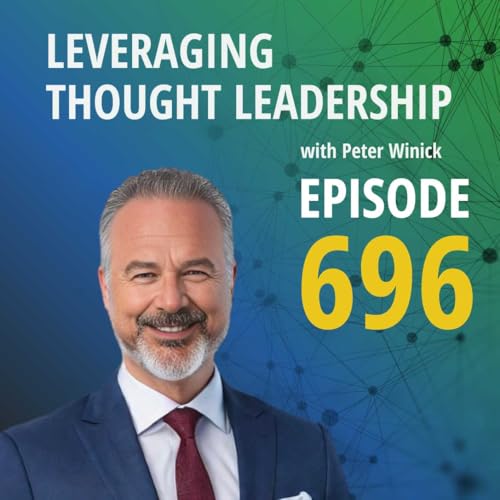 18 分
18 分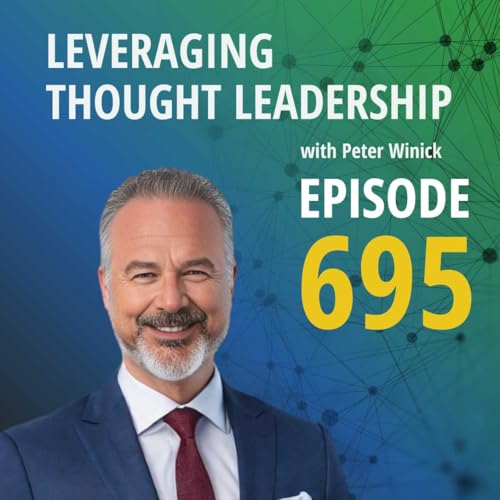 20 分
20 分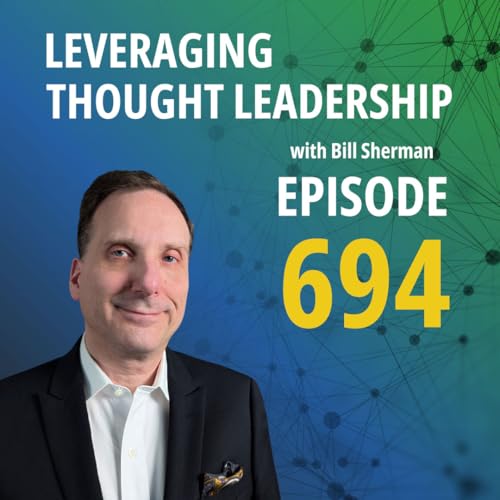 34 分
34 分 22 分
22 分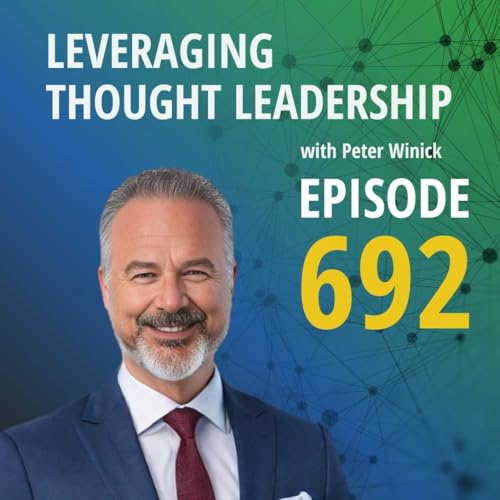 2026/01/2923 分
2026/01/2923 分 20 分
20 分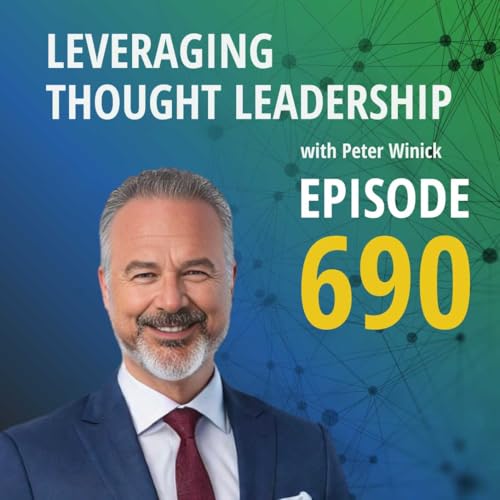 20 分
20 分
